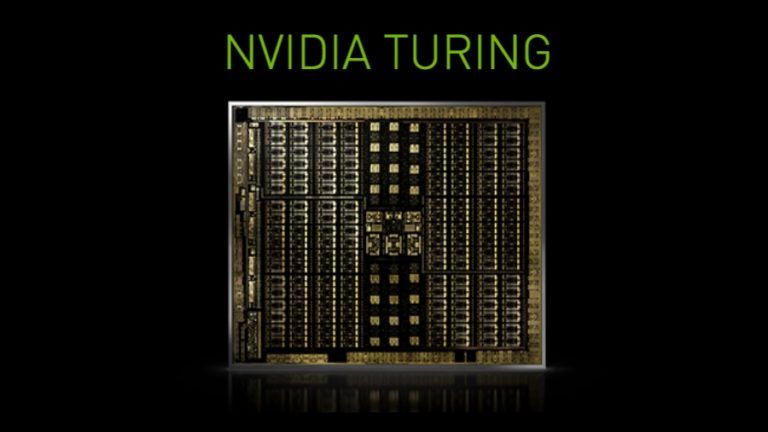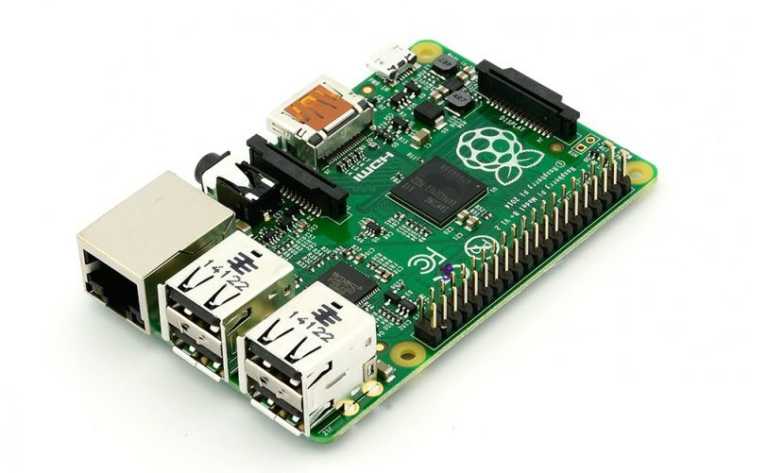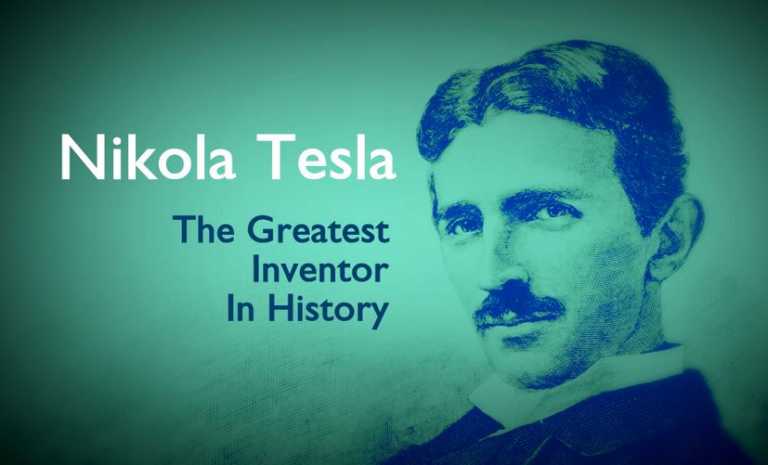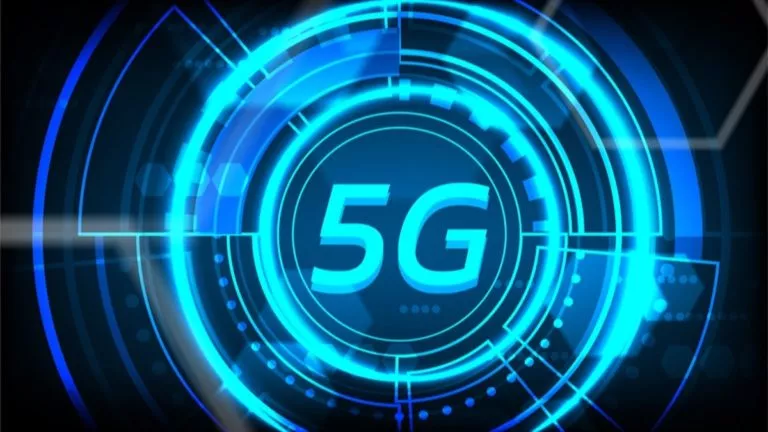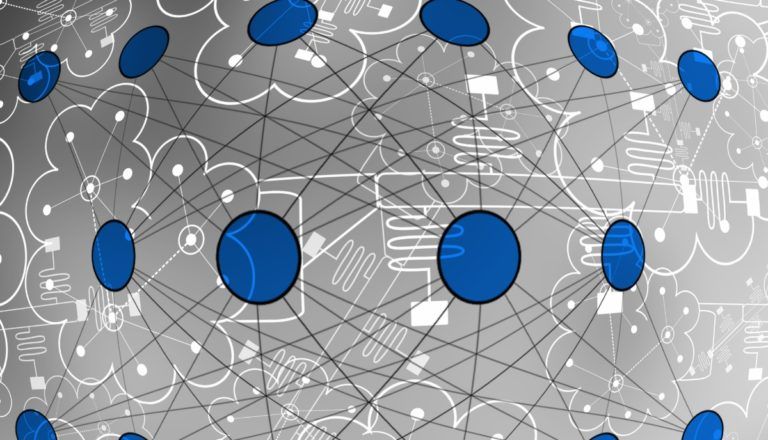This New AI Trained Using An iPad Shows Google’s AI Is Damn Slow
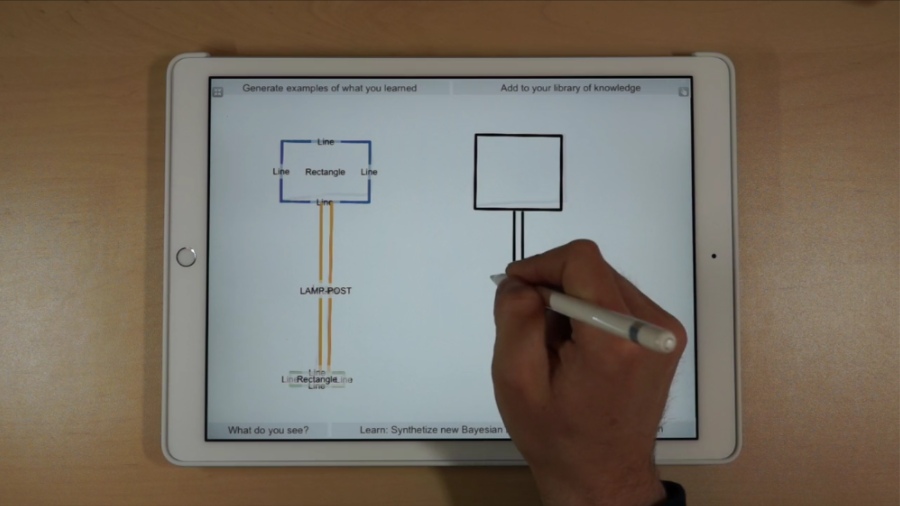
Short Bytes: A Massachusetts-based company Gamalon, Inc. has come up with a new tech called Bayesian Program Synthesis (BPS). It is based on probability and can be used to train an AI system with the least possible examples. Gamalon has demonstrated that their system has performed better in object recognition when compared with Google’s deep-learning-based Quick, Draw.
There is a lot of AI buzz happening around us. Most of these AI systems, whether created by DeepMind, Google Brain, IBM, etc. are based on deep learning – part of machine learning.We have known that researchers feed big datasets to the AI systems during their training phase. So, they can make more accurate decisions. For instance, feeding a system with thousands of dog images to make it identify a creature as a dog, and even differentiate between dog breeds.
Doing all of this helps the AI systems attain accuracy over the course of time. But simultaneously, it takes a lot of computing resources, time, and human effort to train these systems. Why not we come up with some process that’s quick and efficient?
Gamalon, a company based in Cambridge, Massatussetts, is doing the same thing. Their new Bayesian Program Synthesis (BPS) tech, using probability, can help artificial intelligence systems learn from a considerably less the number of examples in comparison to deep learning. And that too without wasting weeks or months, Gamalon claims.
They showed their image recognition capabilities and compared them with what’s offered by Google’s Quick, Draw program which is powered by TensorFlow. The training involves making the BPS system understand the components of the object it has to identify. Gamalon says, using BPS, one can train an AI using a tablet processor by a single person. So, you can take your iPad into consideration. It can also write its own code in order to make its understanding better.
Ben Vigoda, an MIT Ph.D. graduate, is the founder and CEO of Gamalon. In the past, he founded DARPA-funded Lyric Semiconductor (later acquired by Analog Devices) which created a new kind of microchip based on probabilities instead of binary logic.
Vigoda’s Gamalon is currently using the capabilities of BPS to provide data management services to enterprises having tons of unstructured data. You can take the example of an e-commerce company with a huge inventory in its warehouses. They might be having other plans in mind to spread their tech across other firms working in the field of artificial intelligence.
What do you think about artificial intelligence? Drop your thoughts and feedback.
Also Read: Elon Musk: Our Future Is Only Fruitful If We Connect Our Brains With Machines

